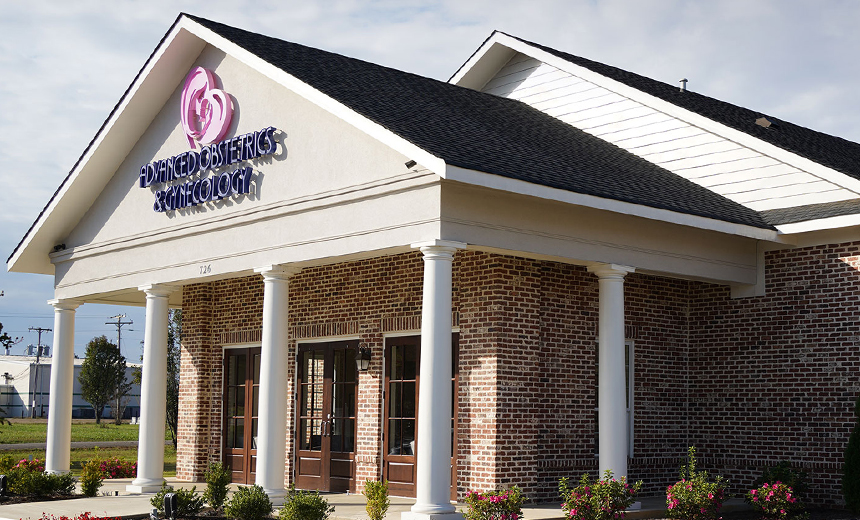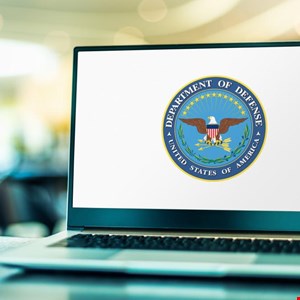1024-bit RSA keys have approximately 80 bits of strength, while the 2048-bit key has approximately 112 bits, making the latter four billion times longer to factor. Experts in the field consider 2048-bit keys safe until at least 2030.
North Korea-linked threat group Kimsuky has adopted a longer, eight-stage attack chain that abuses legitimate cloud services and employs evasive malware to conduct cyber espionage and financial crimes against South Korean entities.
The lawsuit alleges that disruption in claims processing caused by the cyberattack on the company’s Change Healthcare unit and ongoing IT outage is threatening to push the clinic and other providers into bankruptcy.
Fancy Bear has utilized at least 11 unique lures in campaigns targeting organizations in Argentina, Ukraine, Georgia, Belarus, Kazakhstan, Poland, Armenia, Azerbaijan, and the United States.
Zero tolerance of failure by infosec professionals is unrealistic, and makes it harder for cybersecurity folk to do the essential part of their job: recovering fast from inevitable attacks, according to Gartner analysts Chris Mixter and Dennis Xu.
“The account system was not compromised. What we did experience and catch was an attempt to log in to some accounts. To protect our customers we have reset some passwords which prompted the message,” said Daniel Benkwitt, a company spokesperson said.
The DoD Cyber Crime Center (DC3) reported on March 15, 2024, that it processed its 50,000th vulnerability since introducing its crowd-sourced ethical hacking scheme in November 2016.
Hundreds of websites misconfigured Google Firebase, leaking more than 125 million user records, including plaintext passwords, security researchers warn. It all started with the hacking of Chattr, a US-based AI hiring system.
City spokesperson Jason Wheeler told Recorded Future News that officials are experiencing phone issues across city departments that are causing delays in receiving service through the 311 Citizen Support system.
With temporary failures of critical infrastructure on the rise in the recent years, 81% of US residents are worried about how secure critical infrastructure may be, according to MITRE and The Harris Poll.








